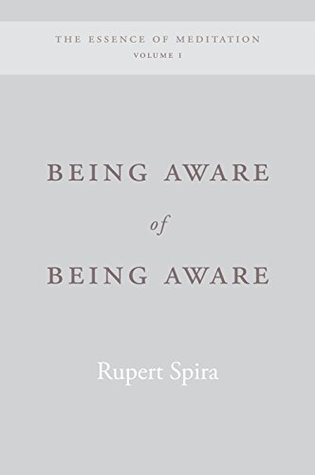More on this book
Community
Kindle Notes & Highlights
In order to fulfil the desire for happiness, most people engage in a relentless search in the realm of objects, substances, activities, states of mind and relationships.
resistance to whomever or whatever is perceived to jeopardize our happiness.
seeking and re...
This highlight has been truncated due to consecutive passage length restrictions.
govern the thoughts and...
This highlight has been truncated due to consecutive passage length restrictions.
subsequent activities and relationships, ...
This highlight has been truncated due to consecutive passage length restrictions.
However, most of us never question the origin of our suffering, so busy are we escaping the discomfort of it through the acquisition of objects, substances, activities, states of mind and relationships.
However, although the acquisition or avoidance of the object or situation puts a temporary end to the suffering that underlies it and, as a result, brings about a brief moment of happiness, it does not uproot it or bring it to a permanent end. It simply masks it.
However, at some point, either spontaneously or, in most cases, as a result of reading a book or having a conversation with a friend, some people begin to question whether or not objective experience can ever really be the source of the lasting peace and happiness for which they long. Others reach a point of desperation or hopelessness before this intuition dawns.
The turning of the mind away from the objective content of experience towards the source or essence from which it has arisen is the essence of meditation or prayer.
the ‘inward-facing path’ – sometimes referred to as self-remembering, self-enquiry, self-abidance or the way of surrender – of which the Direct Path that is explored in this book is the culmination.
become interested in the nature of the one who suffers. We turn away from the objects of experience and investigate the
nature of the one who experiences.
unhappiness is the veiling of happiness.
Happiness is our very nature and lies at the source of the mind, or the heart of ourself, in all conditions and under all circumstances. It cannot be acquired; it can only be revealed.
We cannot know happiness as an objective experience; we can only be it. We cannot be unhappy; we can only know unhapp...
This highlight has been truncated due to consecutive passage length restrictions.
the Vedantic tradition provides direct means for accessing the essential, irreducible nature of one’s mind and the source of lasting peace and happiness.


